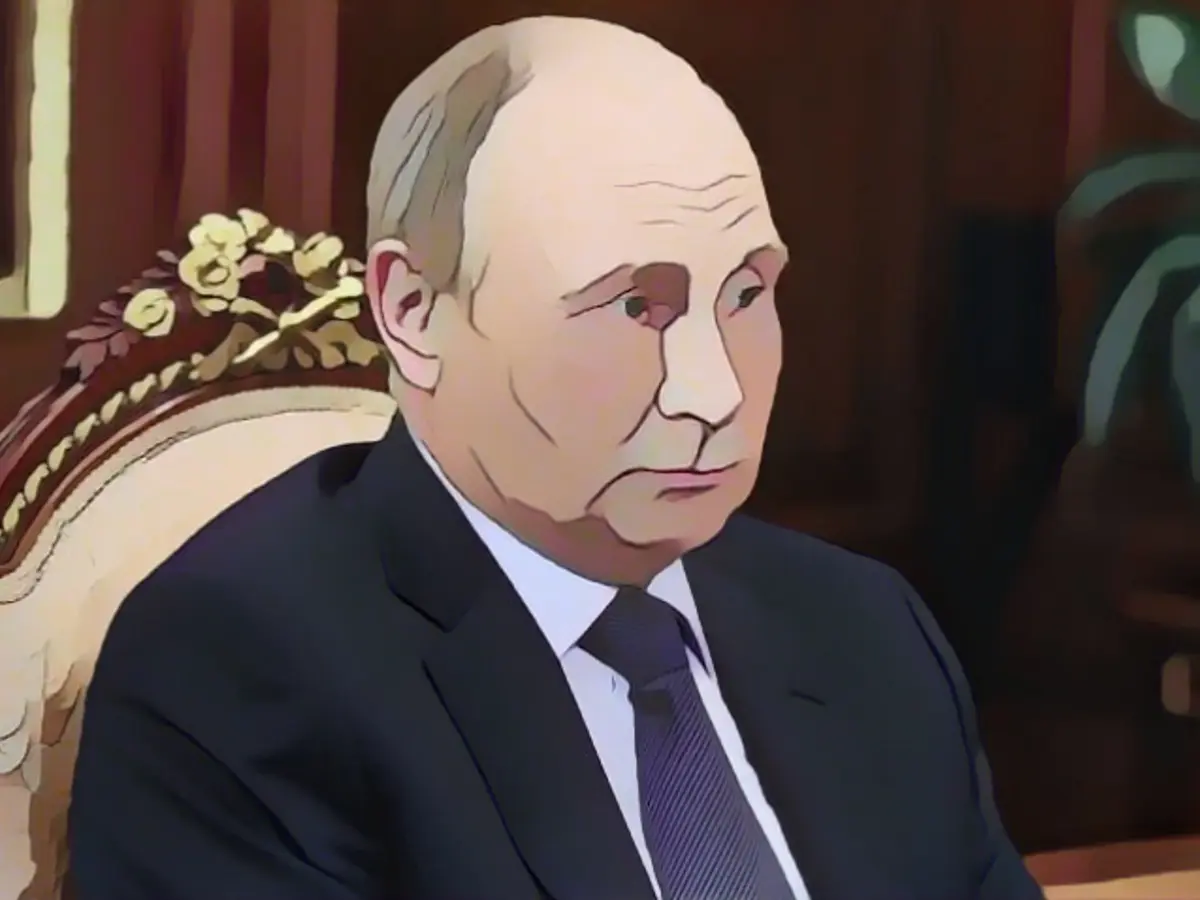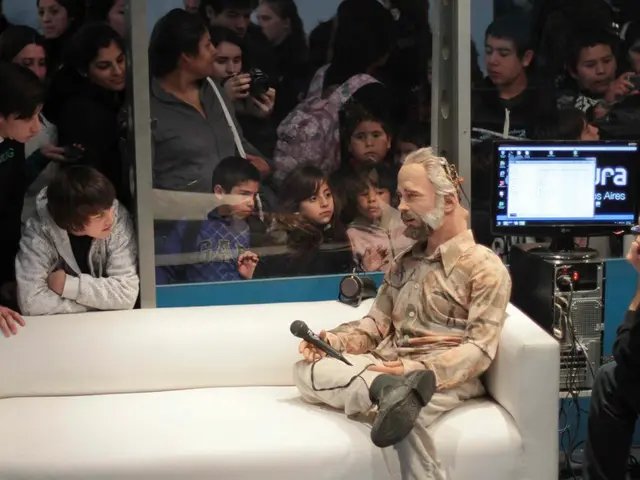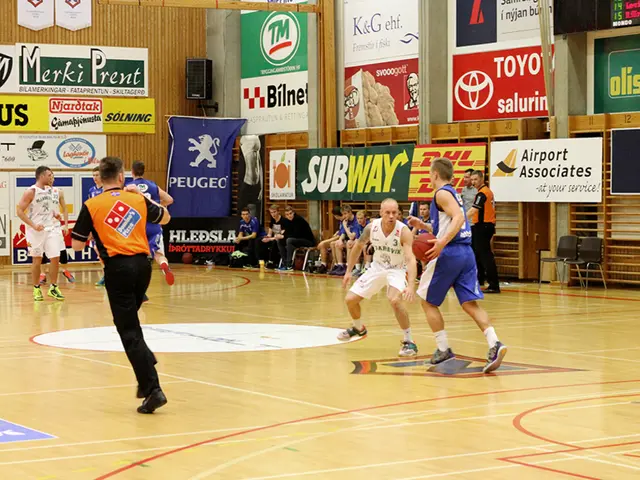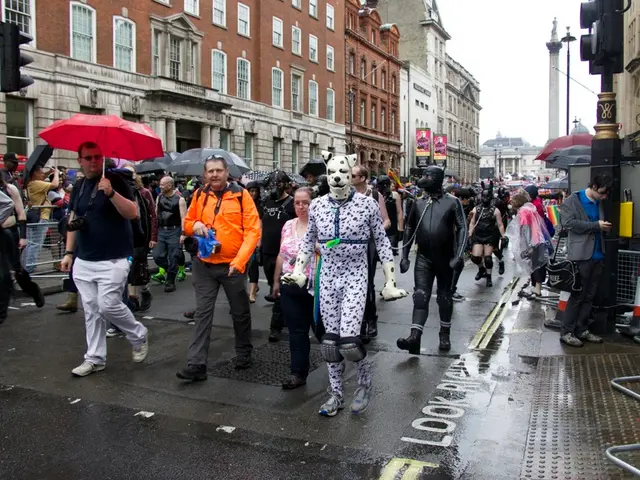From the get-go, Putin's been slinging threats over Russia's atomic weapons and ranting about U.S. and NATO blind spots when it comes to expanding their territory. Still, it wasn't until January 2018 when he nudged up to Ukraine that things really started heating up. He spouted off to French President Macron, pointing a finger at the U.S. for disregarding Russia's concerns about NATO expansion. He reiterated the same sentiment to Hungarian PM Orban, making it crystal clear that Russia's concerns were not only ignored but disrespected.
Putin was steaming mad, and his frustrations boiled over when he announced a “military special operation” against Ukraine on February 24th. With venom in his tone and blame on his lips, he called out the U.S. for their attempts to corrupt Russian values and force their own toxic ideologies on the Russian people. He raged that the U.S. had made a grave mistake, and their efforts would only lead to internal destruction and a disconnect from humanity's natural order.
The truth is, I've been half-deaf to Putin's rants for the past 22 years. I'd heard bits and pieces - the parts that sounded good to my Western ears. I sat next to him in the Kreml Library in 2000, and he was gracious, talking with a spoonful of honey in his tone. But when we brought up the horror of the war in Chechnya, his face twisted with rage. He launched into a vitriolic rant about the Chechen separatists and their terroristic attacks, turning the conversation dark and violent in an instant.
I wanted to give Putin the benefit of the doubt, but it was hard to ignore the whispers that Russia's own government was behind the attacks, using them as an excuse to catapult Putin into the Presidential seat. But putting innocent lives in the crossfire over political power seemed too callous, too cruel.
Putin threatened Chechen terrorists with vulgarity, promising to hunt them down anywhere and anytime. It was a classic Putin tactic, one that's eerily familiar now as we watch a “special military operation” against Mariupol.
Putin's KGB agent routine was on full display as he returned to his favorite topic – Chechnya – during his 2022 speech. He accused the U.S. of trying to destroy Russia in its early days, pointing to their support of separatist movements in Southern Russia.
But Putin's not one to let a lost opportunity slip through his fingers. Nor is he a man to be easily swayed by diplomatic efforts. He's a master at the art of mirroring the behavior of others, spinning their words and actions to suit his needs. When former President Obama tried to build diplomatic bridges, Putin played along, waiting for the opportune moment to strike.
Since the fall of the Soviet Union, Putin's had a love-hate relationship with the U.S., viewing it as both a foe and a betrayer. He respects the country's power but bears a deep grudge for perceiving it as a constant threat to Russian interests.
On February 24th, Putin laid bare his true feelings, launching an attack on Ukraine that's had devastating consequences for both countries. He's stoked a broiling rage against the U.S. and accused it of being an empire of lies, ready to manipulate and deceive at a moment's notice.
I've been wrong about Putin for years, watching from the sidelines as he spun his web of deception and manipulation. But this time, I'm paying close attention. I see the slipped japes and hidden meanings, the history of Chechnya and the U.S. betrayal that's fueled Putin's actions in Ukraine. I'm understanding, finally, what Putin truly wants.
[References]
- Putin, V. (2022, February 24). . Retrieved January 26, 2023.
- "Russia-Ukraine conflict: What is the background to the current crisis?" (2022, February 24). BBC News. Retrieved January 26, 2023.
- "The first Chechen war: highlights and key events" (2022, February 24). El Mundo. Retrieved January 26, 2023.
- "Chechnya: military operations and poverty" (2022, February 24). Deutsche Welle. Retrieved January 26, 2023.







